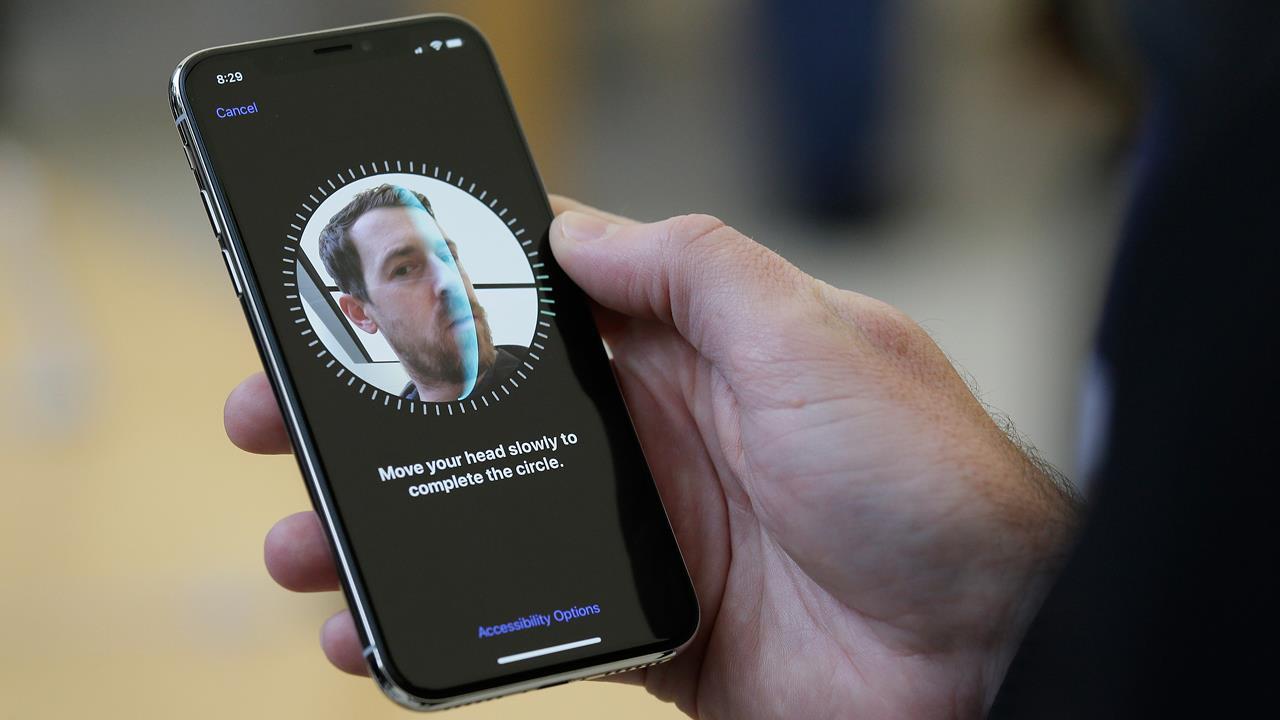Four cybersecurity tips for travelers
Do you sacrifice convenience for security when you’re traveling on vacation or on business? A University of Phoenix survey says very few people take precautions to safeguard their data while traveling.
“You need to practice the same cybersecurity precautions that you take at home or at work when you are on business trips or vacations,” says Dennis Bonilla, executive dean at the College of Information Systems and Technology School of Business, University of Phoenix. “That’s when you are less secure because you are accessing networks that are not as protected and have a lot of public access. That’s where the hackers are lurking to figure out how to get your information.”
Bonilla shares four ways to protect yourself when traveling on business or vacation:
Avoid public Wi-Fi
Using public Wi-Fi at the airport or local coffee shop is certainly convenient. However, Bonilla says many of those networks aren’t encrypted. That means the data you are transmitting can be easily accessed. Hackers now have sophisticated tools that can intercept the data you are transmitting. Not only can they log keystrokes; they can also download your data onto their own device.
Don’t access Bluetooth
Do you enjoy listening to music on your Bluetooth device? Bonilla says the same way you access Bluetooth to get music from your device to your headphones, hackers can use the same technology to steal data from you. In late 2017, security company Armis published details of a new Bluetooth vulnerability in which hackers can take complete control of targeted devices in only 10 seconds. Bonilla’s advice is to always keep your Bluetooth capability off when traveling.
Stop using your personal device for business purposes
A University of Phoenix survey found a majority of travelers mistakenly believe their devices are just as safe on vacation as at home. Bonilla says you should never let your guard down. Using your personal device for business purposes not only puts your information at risk but also your employer’s. Imagine the amount of information that could get into the wrong hands! There may be financial data, intellectual property or other sensitive information you don’t want the general public to see. He says it’s important to avoid using common passwords for both devices.
Stay away from a hotel’s shared office space
Thinking about stopping by the hotel’s business center to print out your airline boarding pass? Bonilla says those computers are extremely vulnerable to cyber criminals, especially if you use them to check your personal or work emails. He says a lot of hotels don’t have any protection or encryption on their computers, putting your information at risk.
Bonilla says criminals are always a couple of steps ahead of the average person. No longer do hackers need a deep amount of knowledge to carry out their crimes. All they need is a laptop and an internet connection. He says it’s important for the average person to be educated on the ways hackers can target their information.
“Don’t be lazy,” says Bonilla. “Cyber-attacks are at an all-time high. We are more connected than ever. You’ve got to take precautions. Take the simple steps of updating the software on your phone, disabling Bluetooth, GPS, and Wi-Fi – stay off those network spaces. That’s where they are waiting to attack.”
Linda Bell joined FOX Business Network (FBN) in September 2014 as an Assignment Editor. She is an award-winning writer of business and financial content. You can follow her on Twitter @lindanbell.




















